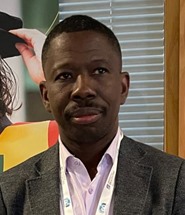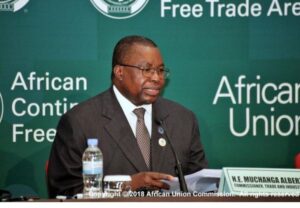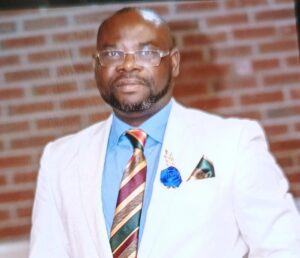
By Kwadwo Agyapong Antwi
A couple of days ago, I chanced upon an interview granted by George R. R. Martin, the writer of the much-acclaimed Game of Thrones series.
Speaking of his characters, he said, “I like people who have both good and evil in them ’cause I think real people have both good and evil. There are very few pure paladins in the world and there are very few totally evil people. We all have the capacity for heroism in us. We all have the capacity for selfishness and evil in us”.
Perhaps, what makes the series so compelling is its unconventional approach to the concept of good and evil in works of fiction. Many of us, probably conditioned by the movie industry, see the struggle between good and evil as an “antagonist” versus “protagonist” kind of contest, where in the end our favourite character, the good guy, eventually wins.
In the real world, however, the bad guy doesn’t always set out as bad. There are well established theories on the power of ‘nurture’ from our environment as an essential component in shaping our character and attitude.
Corrupt?
So, let me ask, “Are you corrupt?” Take a moment to reflect on the question but don’t answer just yet.
Sometime ago, an African president was asked in an infamous interview, “Have you been offered a bribe before?” Apparently caught off guard by the bluntness of the question, he retorted, “Erm, you mean as President”?
As expected, his response generated a lot of commentary by people from all walks of life. In the spirit of free speech, many pundits attempted their own psychoanalysis of his response, even as internet trolls supplied their comedic versions of the episode, mostly in the form of memes and caricature.
In hindsight though, wasn’t that a legitimate question to ask? Are we always the people we consider ourselves to be, irrespective of our environment and the positions we occupy? Truth is, within each of us is the capacity for all the things we despise and accuse others of, including corruption.
Often, the real explanation for our discontentment is the fact that we have not attained the necessary privileges that give us access to the right corridors of our “extractive” economic system.
We inherently believe we aren’t corrupt because we have not been given the opportunity to be.
So, you see, the answer to the question of whether you are corrupt or not is not that simple. No one is born corrupt (I haven’t yet heard of any baby born with a ‘brown envelope’ in their hands).
Corruption, like any other vice, is an acquired behaviour. It is not something people are, it is something they become.
I did a little study on some of those caught in some of the worst corruption scandals in our nation and believe you me, they are not different from you and I at all. They look like our moms, dads, uncles, church members.
In fact, some were ardent anti-corruption activists themselves, until they had the sweet and intoxicating taste of power and wealth. Believe me when I say ‘they are you and I’. So, chances are, your perceived pure, decent, Bible-believing self has simply not met the enabling environment which incentivises you to cheat without consequence.
Inherently good?
Now you understand why corruption cannot be solved by putting ‘good’ people or ‘good’ political parties in office? Because there’s no such thing as an inherently good human being (the Bible even says so — and this makes sense otherwise we wouldn’t have the level of canker in a nation where more than 95 per cent of citizens claim to be religious.
This explains why the philosophical foundation of democracy is law, for without law, humans are bound to skullduggery and anarchy. Those wise architects of democracy knew that for that experiment to succeed, those charged with its stewardship needed the right systems of accountability to protect them from themselves.
A nation is as corrupt as its systems, not its people. The best remedy against corruption, therefore, is relevant systems which ensure transparency of controls and adequately punish those who flout laid down regulations. Without them, each of us is a potential corruption scandal waiting to happen.








